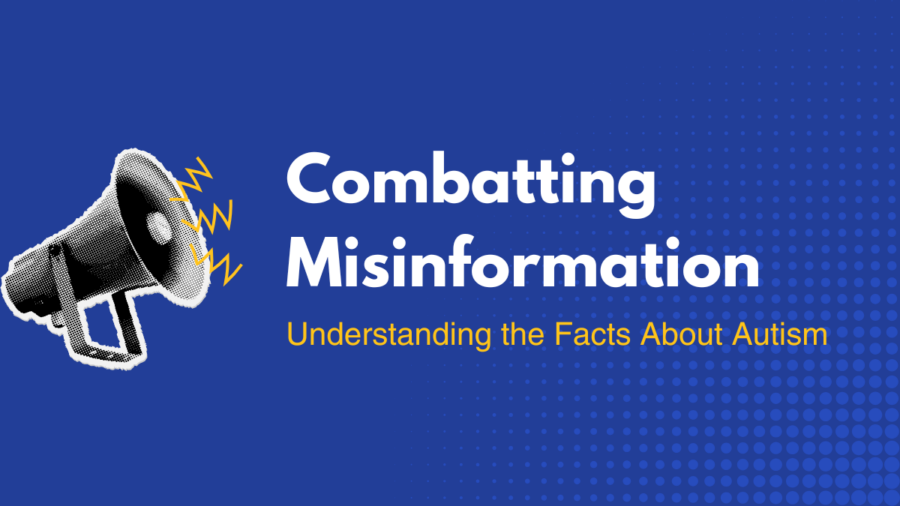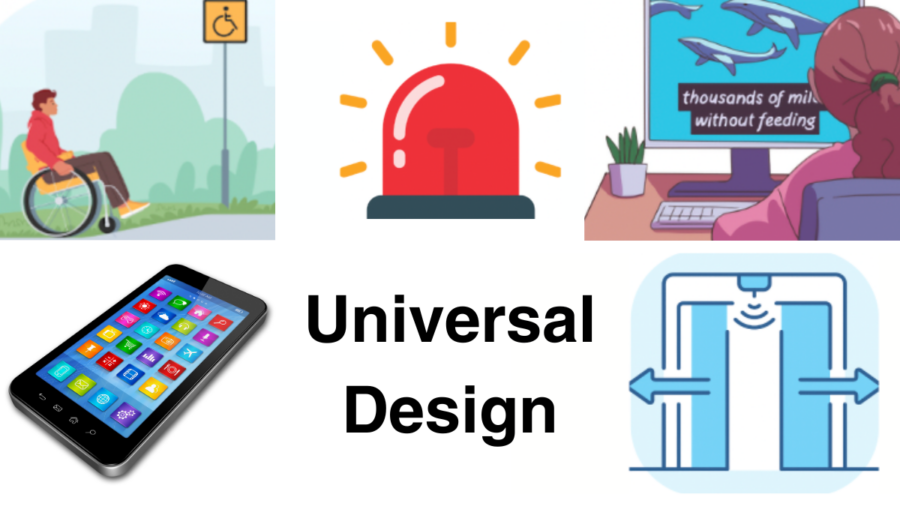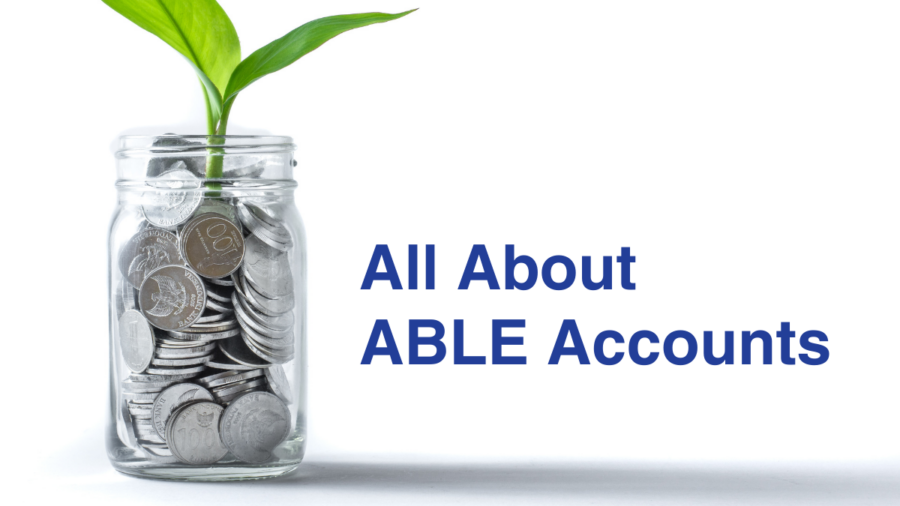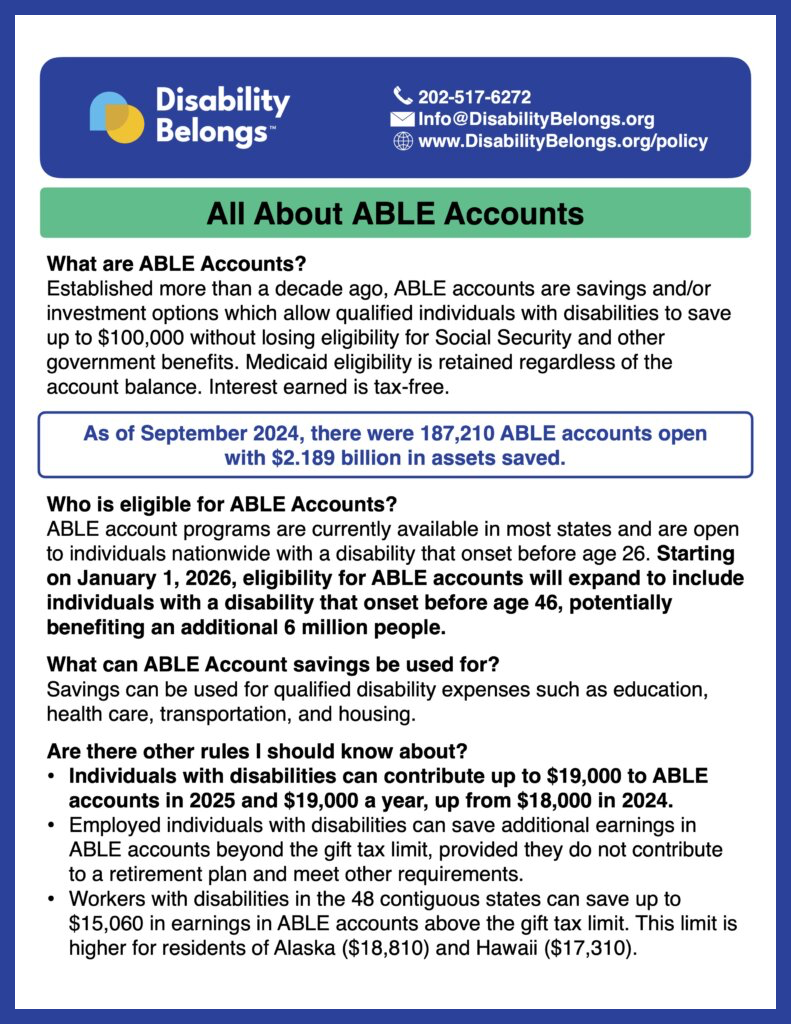With 433 sites covering more than 85 million acres across all 50 states, Washington, D.C., and U.S. territories, the United States’ National Parks offer a plethora of opportunities for visitors to engage with the country’s natural and cultural resources.
The National Parks are a much-beloved American attraction, but it might not be immediately obvious how they cater to people with disabilities or access needs. In reality, the parks have a variety of accommodations available to visitors. With National Park Week happening April 19th to 27th, it is important to acknowledge how disabled people can access the parks. [continue reading…]


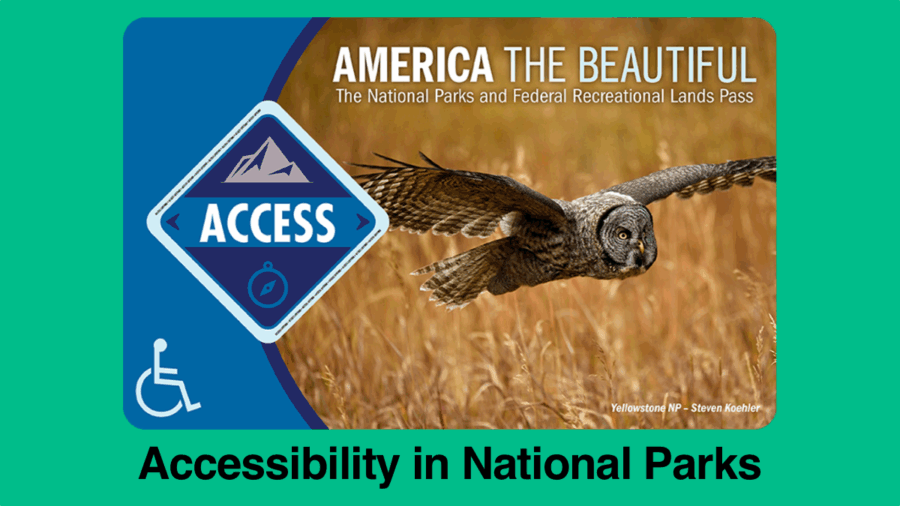
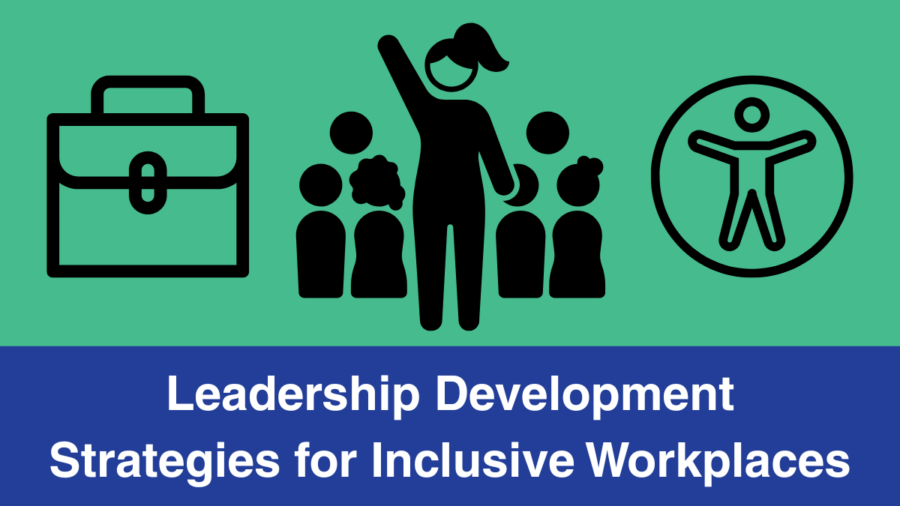
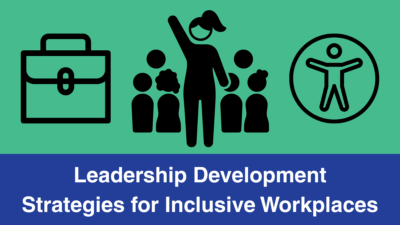 Leadership development is a critical component of every workforce. For both employers and individuals, leadership development that addresses the fundamentals as well as principles of accessibility, equity, and inclusivity are ideal.
Leadership development is a critical component of every workforce. For both employers and individuals, leadership development that addresses the fundamentals as well as principles of accessibility, equity, and inclusivity are ideal.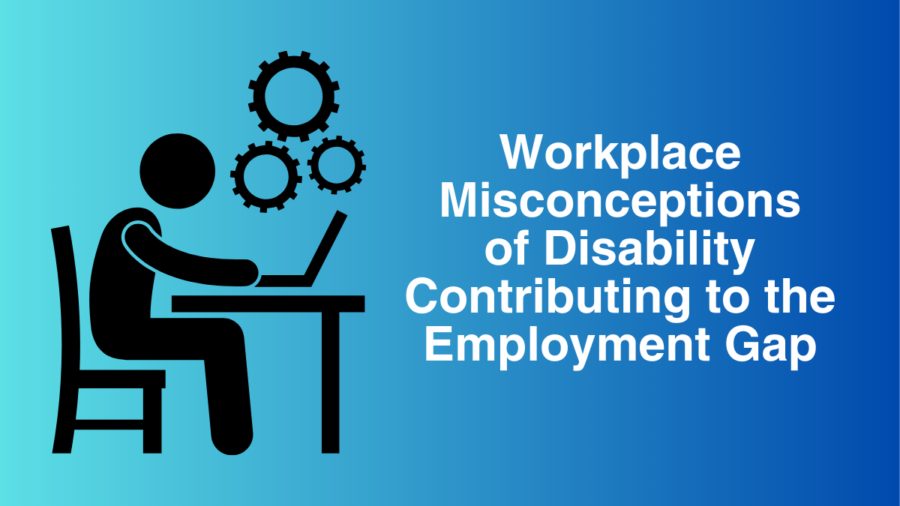
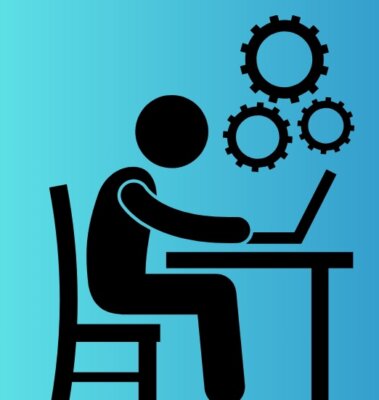 At Disability Belongs™, we fight stigmas and advance opportunities so people with disabilities can fully participate in all aspects of community life, including the workforce. Yet, disabled people still face significant barriers in finding and retaining meaningful employment.
At Disability Belongs™, we fight stigmas and advance opportunities so people with disabilities can fully participate in all aspects of community life, including the workforce. Yet, disabled people still face significant barriers in finding and retaining meaningful employment. 
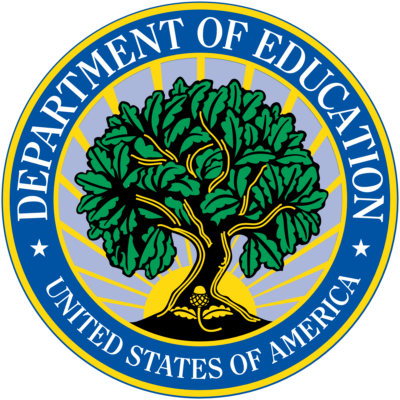 The U.S. Department of Education plays a critical role in ensuring that students with disabilities receive access to inclusive education, services, and legal protections under federal law. Recent proposals to dismantle, restructure, and defund the Department threaten to undermine decades of progress in disability rights and educational equity. This policy brief outlines the essential role of the Department of Education, the risks posed by dismantling it, and a call to action to safeguard the rights and opportunities of students with disabilities.
The U.S. Department of Education plays a critical role in ensuring that students with disabilities receive access to inclusive education, services, and legal protections under federal law. Recent proposals to dismantle, restructure, and defund the Department threaten to undermine decades of progress in disability rights and educational equity. This policy brief outlines the essential role of the Department of Education, the risks posed by dismantling it, and a call to action to safeguard the rights and opportunities of students with disabilities. 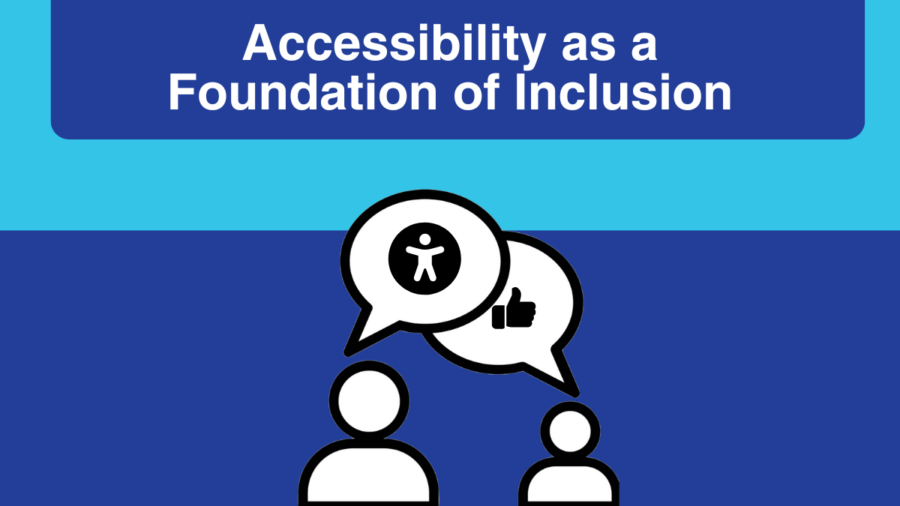
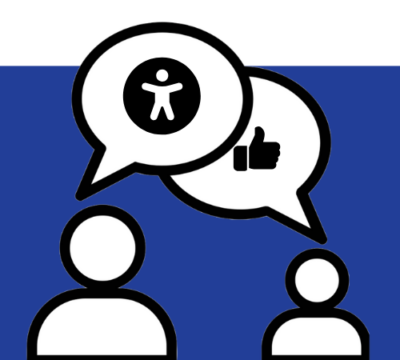 Accessibility is not just a checklist to tick off; it is an ongoing commitment to ensuring that all members, from every background and belief, feel truly valued and embraced. Every individual, regardless of ability, should have the opportunity to fully engage in worship, rituals, traditions, and community life. Creating and nurturing an accessible faith community is a profound testament to the power of inclusion, the depth of belonging, and the strength of our shared humanity.
Accessibility is not just a checklist to tick off; it is an ongoing commitment to ensuring that all members, from every background and belief, feel truly valued and embraced. Every individual, regardless of ability, should have the opportunity to fully engage in worship, rituals, traditions, and community life. Creating and nurturing an accessible faith community is a profound testament to the power of inclusion, the depth of belonging, and the strength of our shared humanity.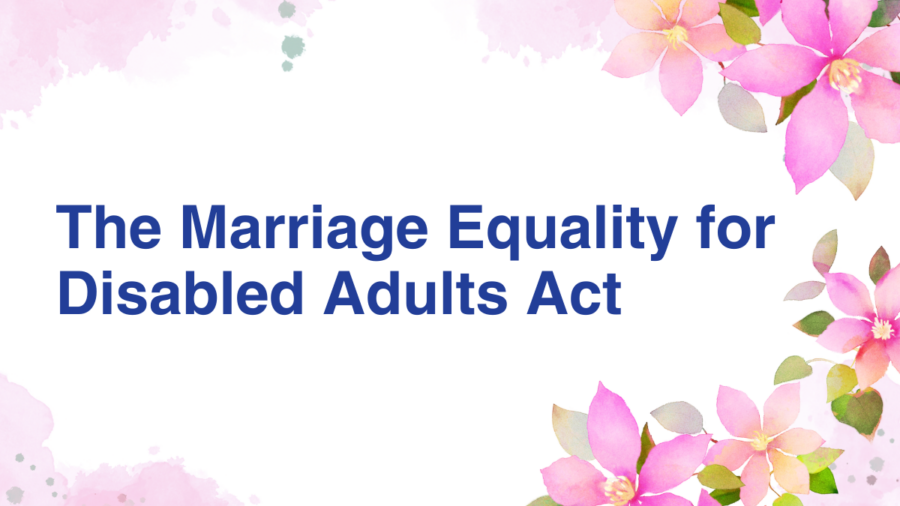
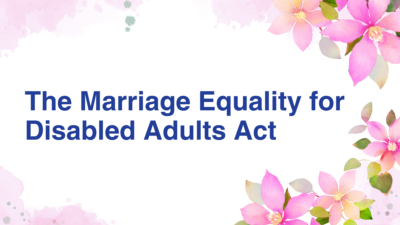 Under current law, more than one million Americans with lifelong disabilities who receive benefits as ‘Disabled Adult Children’ (DACs) lose their Social Security and Medicare benefits if they marry a non-disabled person. This can severely limit disabled individuals from having access to lives of their choosing, including marriage. People shouldn’t have to choose between marriage to the person they love and losing their benefits.
Under current law, more than one million Americans with lifelong disabilities who receive benefits as ‘Disabled Adult Children’ (DACs) lose their Social Security and Medicare benefits if they marry a non-disabled person. This can severely limit disabled individuals from having access to lives of their choosing, including marriage. People shouldn’t have to choose between marriage to the person they love and losing their benefits.